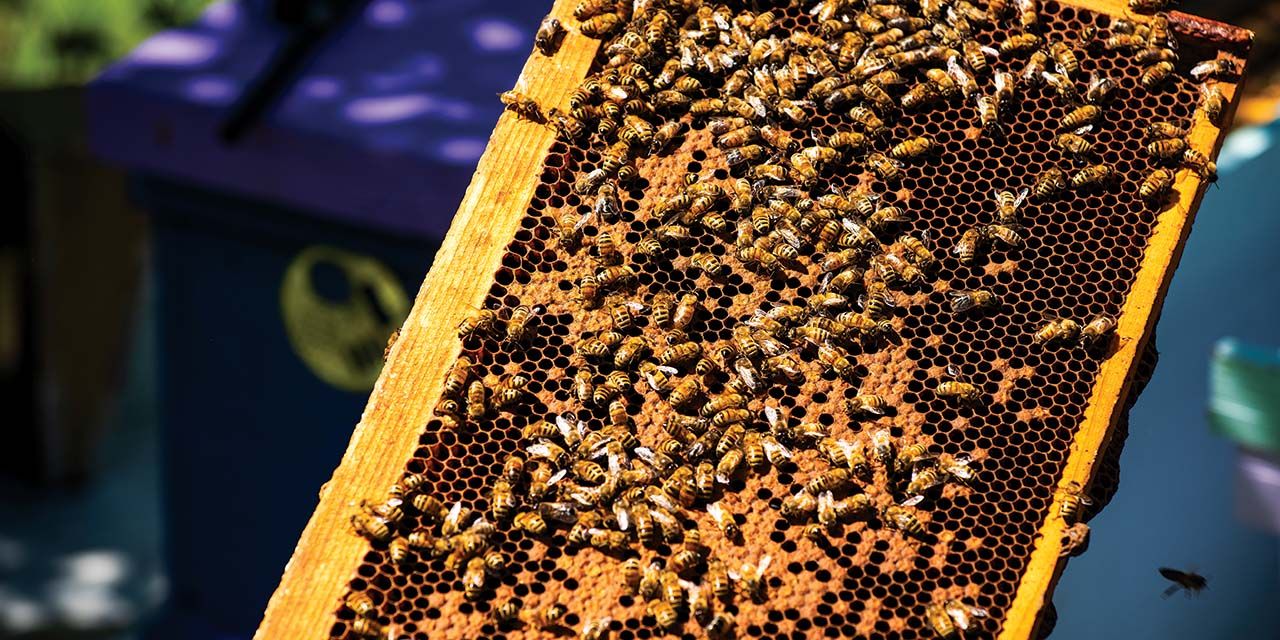Telling the Bees
By Marcia Masino | Photography by Clay Dolan
Exploring the folklore, spirituality, and modern appeal of “telling the bees”—a charming tradition that honours bees as family, friends, and spiritual messengers.
When Queen Elizabeth II died in 2022, the Buckingham Palace beekeeper placed a black ribbon on each of the royal beehives. He was performing a time-honoured ritual known as “telling the bees.” He gently knocked on the hives to alert them and said, “Your mistress has died, but don’t go away. You have a new king and master who will take good care of you.”
According to British, Swiss, and Western European folklore, one had to tell the bees about important events such as births, marriages, deaths, and funerals because bees were considered part of the family. The ceremony was familiar to all social classes, so everyday people practised it too.
There are many reasons why bees were valued in the old world. Keeping bees meant endeavouring to keep them contented so they remained productive, making honey—considered a luxury and often the only sweetener available. The gooey, sticky gold was believed to have medicinal properties, and after all, how could you make honey wine or mead without it?
It was important, even a blessing, to have happy honeybees. Their colony served as a household good luck charm because bees symbolized the preservation of established social structures and harmonious, sweet, and prosperous family continuity. Folklorists say bees represent values of hard work, dedication, teamwork, and perseverance. In Freemasonry, the bee and the beehive symbolize industry, cooperation, and societal and community improvement.
The honeybee hive lifestyle is akin to an Apis (bee genus) tribe social media platform: you share your news, and they spread the word within the colony. If you don’t keep them informed, they’ll ghost you, go on strike by ceasing honey production, depart, refuse to pollinate, and even put you in harm’s way by stinging and swarming!
Bees insist on receiving important news, but they don’t send messages—except to the spirit world. In Celtic mythology, bees were considered intermediaries between humans and those dwelling in the afterlife, colloquially known as “the folks upstairs” in mediums’ parlance. Ancient Egyptians believed bees were the tears of the sun god Ra and messengers from the gods. Since bees can communicate with spiritual loved ones, their messaging capabilities surpass everyday social media.
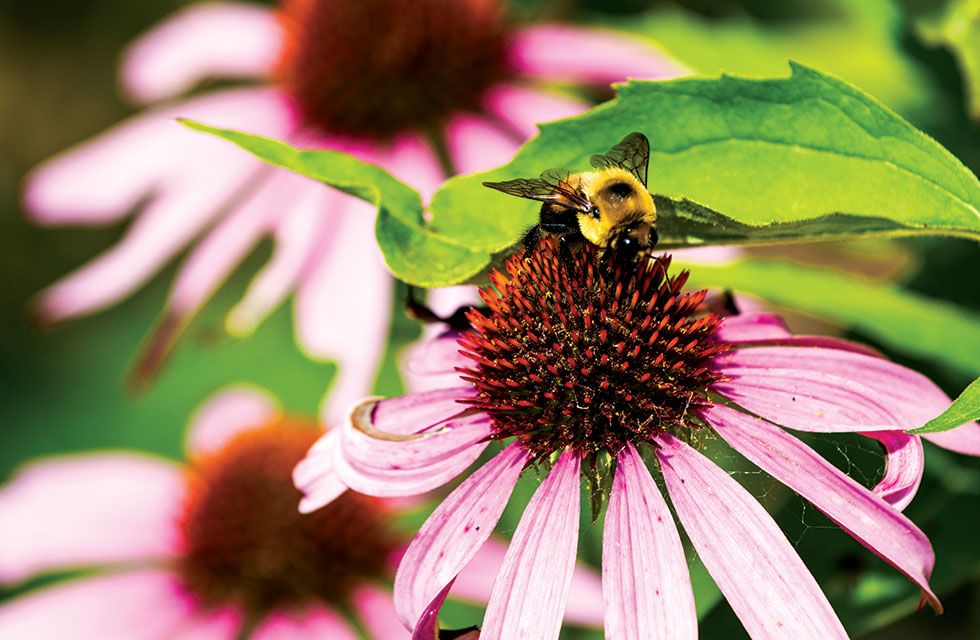
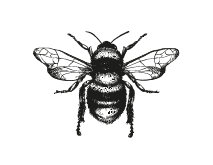
In Celtic mythology, bees were considered intermediaries between humans and those dwelling in the afterlife, colloquially known as “the folks upstairs” in mediums’ parlance.
The presence of a bee after a death was thought to signify the soul leaving the body. Is it possible the royal beekeeper’s secret reason for “telling the bees” was to have them inform the spirits that the queen’s soul was arriving in the afterlife?
Beyond spiritual, culinary, domestic, and societal symbolism, bees, according to some, also play a role in the self-help movement. Since bees aren’t tattletales, your personal thoughts remain safe with them. Telling the bees, in this instance, literally means sharing your secrets, troubles, and hopes with them!
Some say bees are good listeners, although, like other forms of therapeutic conversation, they only buzz and hum in response. As you unburden yourself, remember no one else will know—and perhaps bees can even put in a good word on your behalf with your spirit ancestors.
“Telling the bees” can occur at your local beekeeping business or bee farm, where you can also buy natural honey products for culinary and health purposes. Agrotourism (a type of tourism linking visits to farms and ranches) provides opportunities to experience rural life, agriculture, and support local producers and communities—a fresh way to connect with bees and their specialty products.
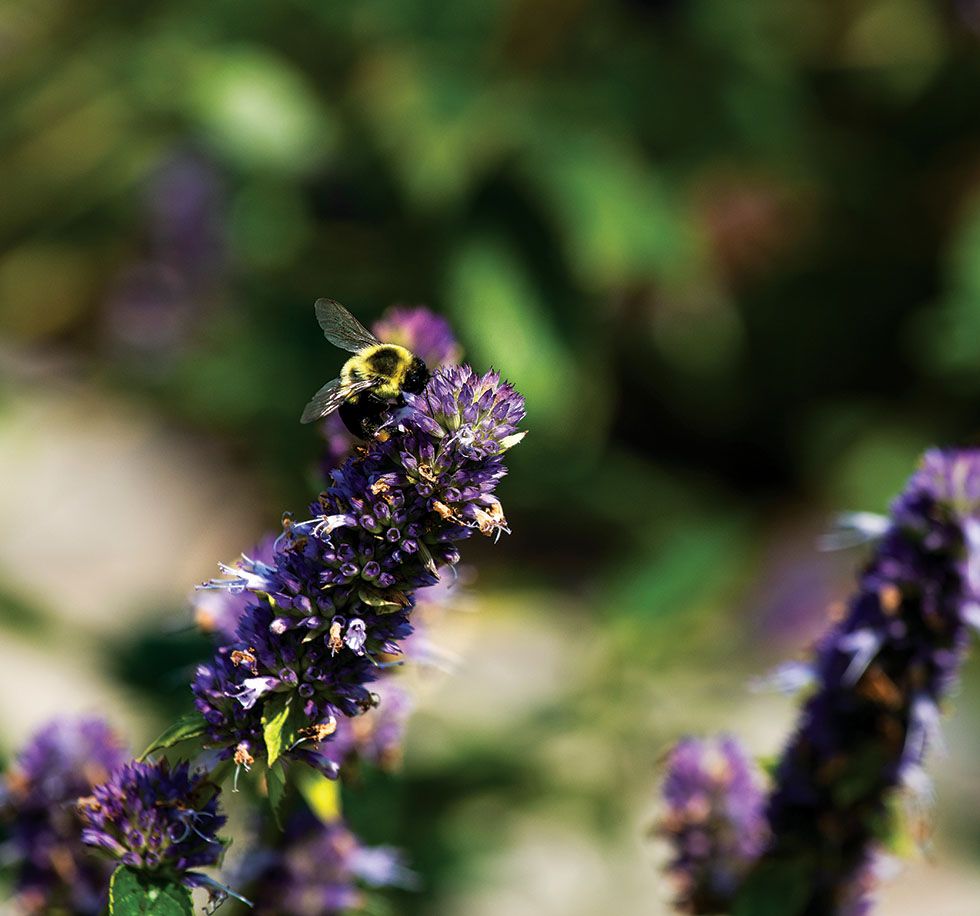
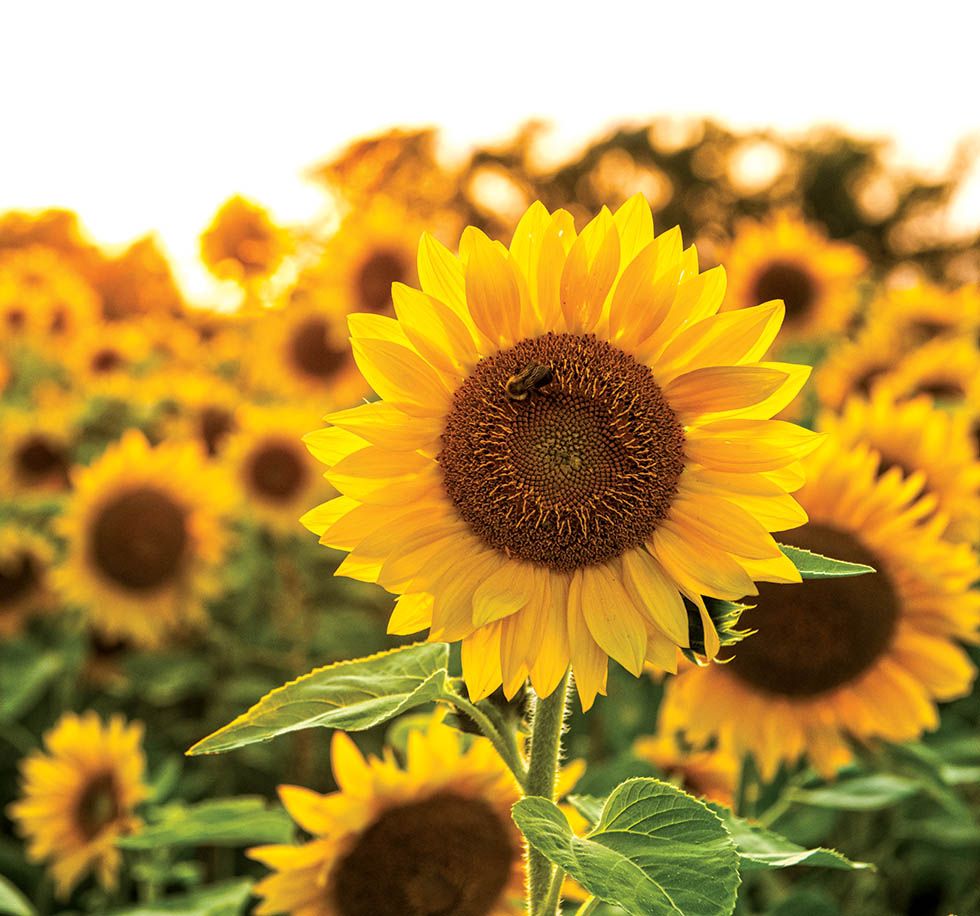
Some farms offer honey tastings (the timing of production affects taste, similar to wine). Culinary experiences often include dishes such as honey cheesecake and tastings of honey wines or meads. Tours might also include opportunities to mingle with the bees, and some farms double as event venues.
Another option is spending time in a garden during April, when bees begin visiting flowers, but watch out in May, as bees become active and prone to swarming. You’ll find them buzzing around orchards, too, since they’re essential to fruit production.
The best place to encounter bees is in a specially designed pollination garden or at least one with a section planted with their favourite flowers. You can easily create your own—find sunny spots ideal for flower growth and plant colourful, fragrant blooms.
Good choices in Ontario include black-eyed Susans, sunflowers, marigolds, zinnias, coneflowers, scabiosa (also known as pincushion flowers), and asters. Bees also favour goldenrod, milkweed, yarrow, parsley, wild strawberries, bergamot, and certain mints. Once bees discover your garden, you can have daily chats and update them—tea time in mid-afternoon fits perfectly with their social calendar.
In Canada, bees are our most important pollinators. As pollinators, bees play a critical role in every aspect of the ecosystem. As they journey from flower to flower collecting pollen, small amounts rub off their bodies onto each flower, resulting in cross-pollination.
Respect them or resent them, sooner or later you’ll encounter a bee. Now that you know the reasons for speaking to them, you’d better start talking. E

